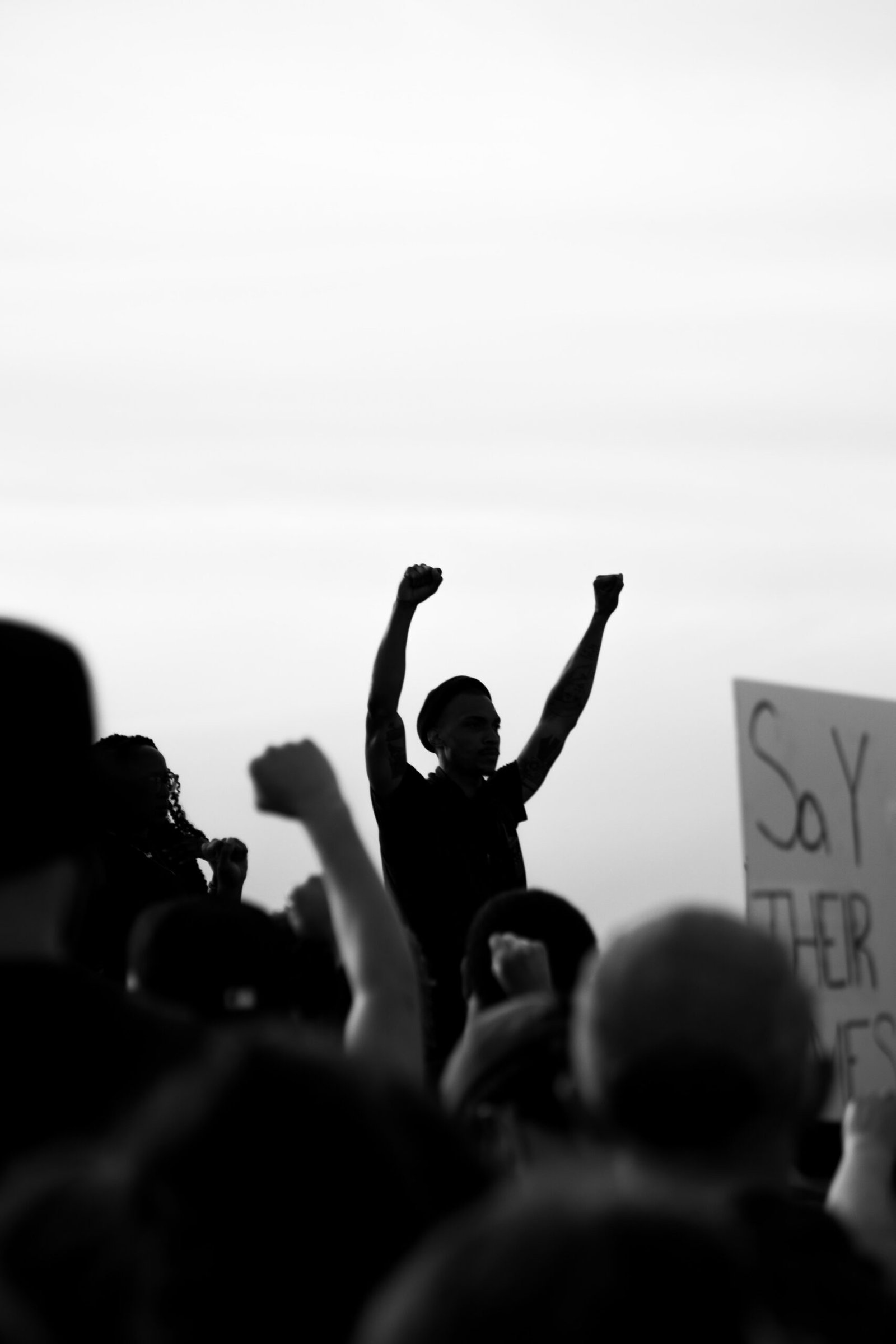Tensions have flared in Libya after the suspension of Foreign Minister Najla al-Mangoush by Prime Minister Abdul Hamid Dbeibah, following her informal meeting with Israel’s Foreign Minister Eli Cohen.
The encounter between the two ministers has ignited protests in Libya, a country that does not recognize Israel and staunchly supports the Palestinian cause.
The meeting, described by Cohen as a “historic first step” towards forging relations, has drawn vehement backlash due to Libya’s steadfast stance against normalization with Israel.
Demonstrations erupted in the capital, Tripoli, and other cities, where protestors blocked roads, set tires ablaze, and brandished Palestinian flags. However, the scale of the protests appears limited.
In response to the meeting, Libya’s foreign ministry clarified that the encounter was not planned and occurred spontaneously during a meeting at Italy’s foreign affairs ministry.
The ministry emphasized that the interaction did not involve any substantive discussions, agreements, or consultations, and reiterated its unequivocal rejection of normalization with Israel.
Also Read: Zimbabwe’s President Mnangagwa Wins Second Term In Disputed Vote
The controversy has also triggered political repercussions, as the Speaker’s Office in parliament has accused Mangoush of grand treason, demanding an emergency session to address the matter.
Libya’s complex political landscape, divided between rival governments in Tripoli and Tobruk, further complicates any potential deal between the two countries.
Israel has been actively pursuing warmer relations with Arab and Muslim-majority nations through initiatives like the 2020 Abraham Accords.
This endeavor has led to diplomatic recognition and sovereignty acknowledgments from countries such as the United Arab Emirates, Bahrain, Sudan, and Morocco.
The informal meeting has sparked debate over Libya’s foreign policy and its potential impact on the country’s political landscape, all against the backdrop of a longstanding conflict that has persisted since the fall of Muammar Gaddafi’s regime twelve years ago.




